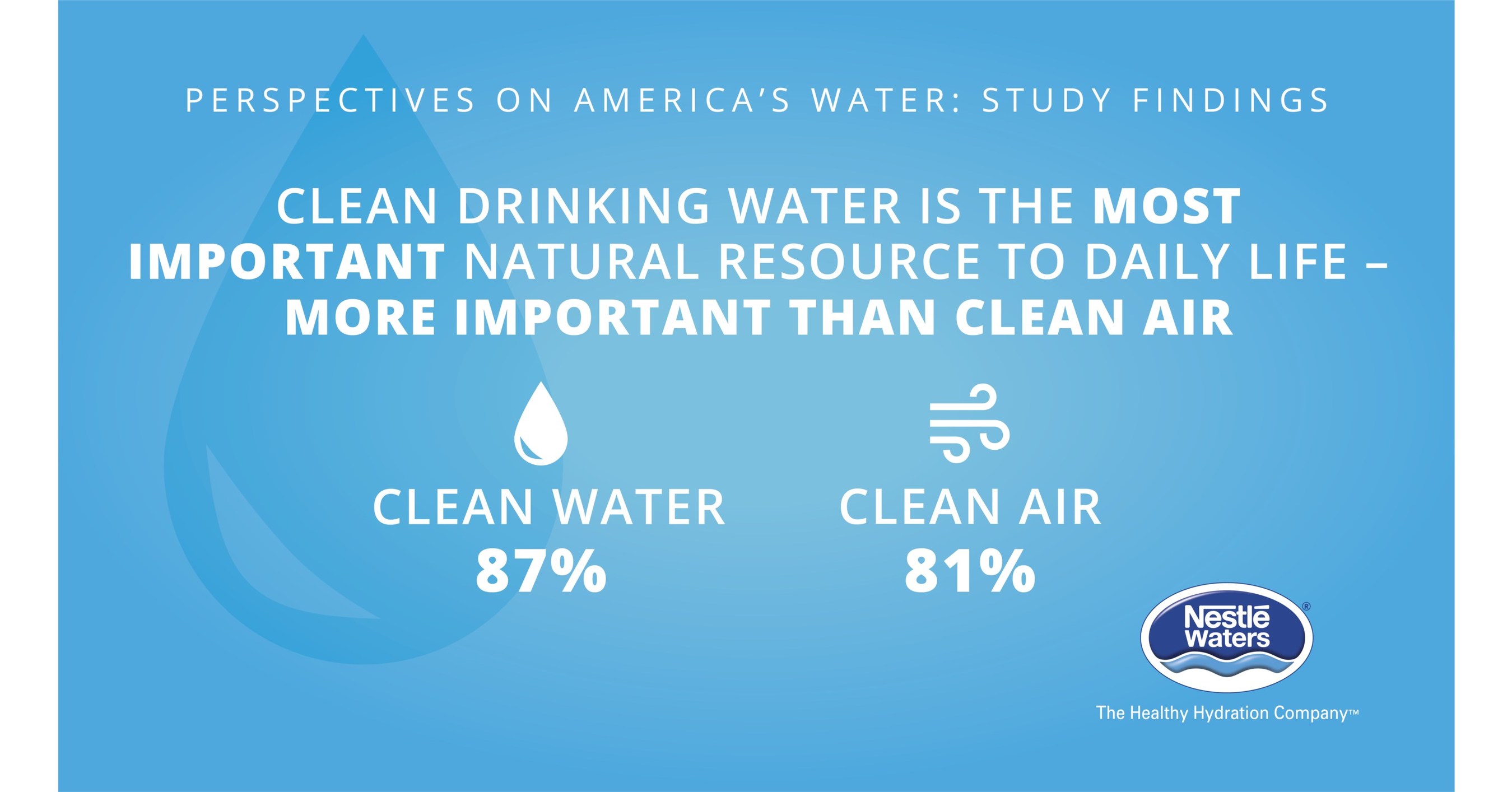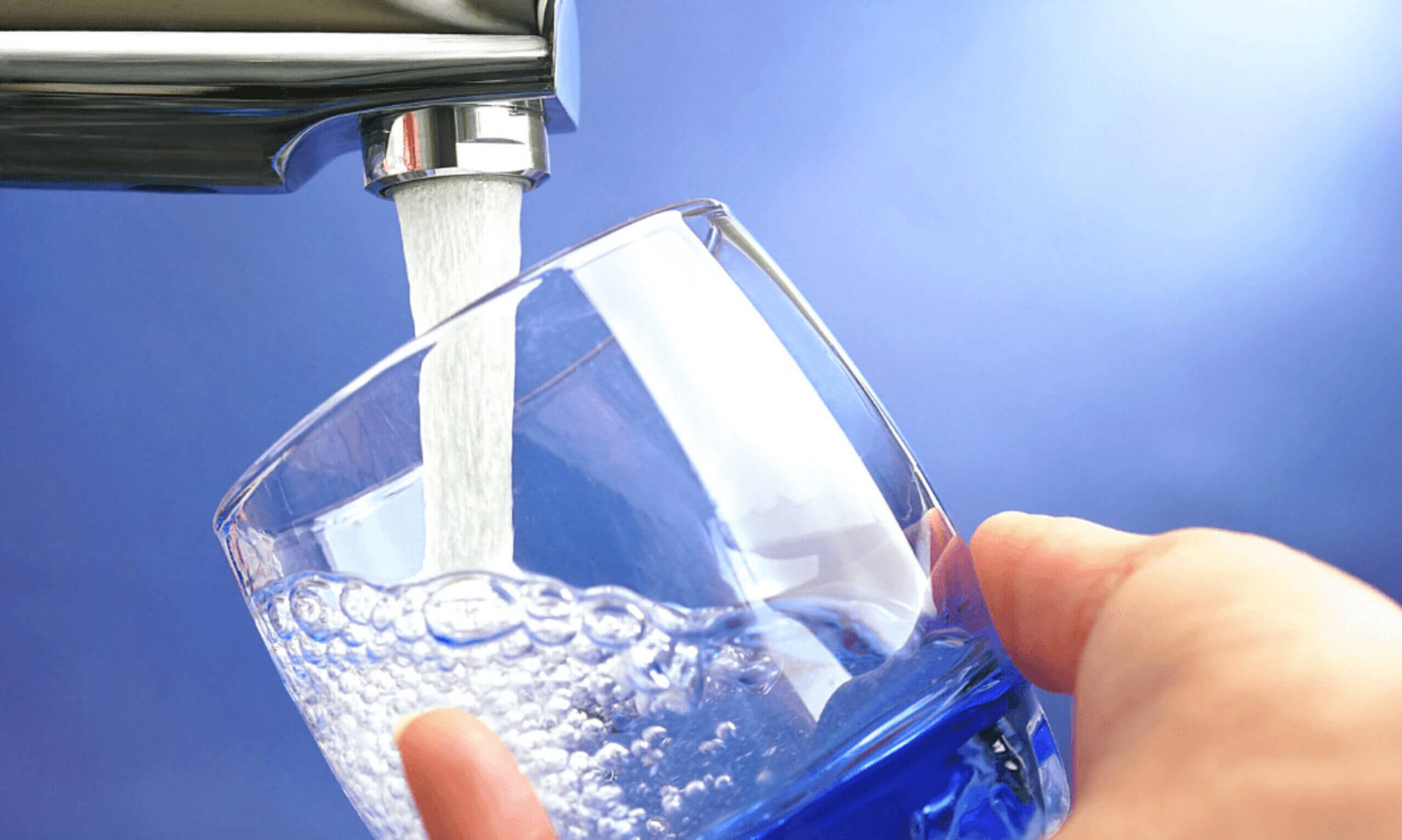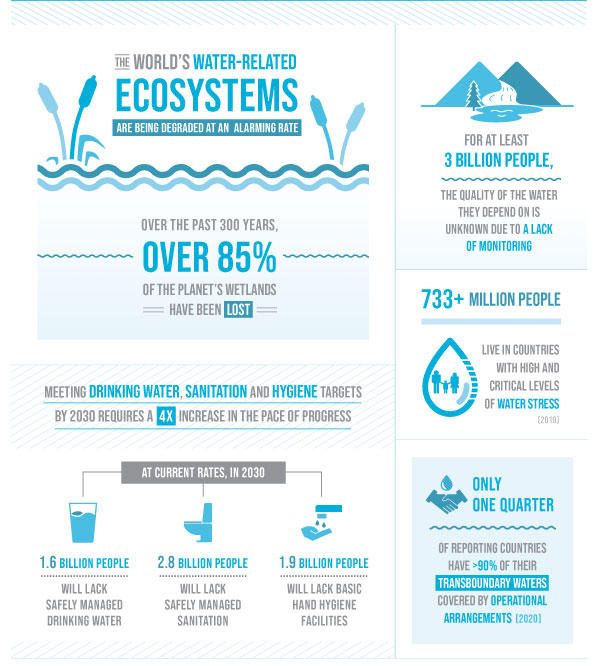Importance of Clean Drinking Water

Clean drinking water is essential for maintaining good health and overall well-being. It plays a crucial role in various bodily functions and processes. Drinking clean water helps to keep the body properly hydrated, which is essential for regulating body temperature, lubricating joints, and removing waste products. Clean water is also necessary for maintaining healthy skin and promoting proper digestion. Furthermore, clean water is vital for preventing waterborne diseases and reducing the risk of infections. Access to clean drinking water is a basic human right and is crucial for the development and sustainability of communities. Ensuring access to clean water is essential for improving public health and promoting a better quality of life.
Benefits of drinking clean water

Drinking clean water offers numerous benefits to the body. Firstly, it helps in maintaining proper hydration, which is essential for regulating body temperature and supporting various bodily functions. Clean water also aids in the digestion process, ensuring that nutrients are absorbed efficiently. Additionally, it promotes healthy skin by flushing out toxins and maintaining its moisture balance. Furthermore, clean water aids in the removal of waste products from the body, preventing the build-up of toxins. Regular consumption of clean water also supports the immune system, reducing the risk of infections and waterborne diseases. Overall, drinking clean water is vital for maintaining good health and overall well-being.
Impact of clean water on health

Clean water has a significant impact on overall health. It plays a crucial role in preventing waterborne diseases caused by bacteria, viruses, and other contaminants. By providing safe and clean water, individuals can avoid illnesses such as diarrhea, cholera, and typhoid fever. Furthermore, clean water promotes proper hydration, ensuring that the body functions optimally. It supports healthy kidney function by helping to flush out waste products and toxins from the body. Moreover, clean water is essential for maintaining a balanced pH level and electrolyte balance. It also contributes to healthy skin, hair, and nails, as well as improving digestion and nutrient absorption. Access to clean water is therefore vital for maintaining good health and well-being.
Water Filtration Systems

Different types of water filtration systems are available to ensure clean and safe drinking water. These systems use various methods to remove contaminants and impurities from water. Some common types include activated carbon filters, reverse osmosis systems, and ultraviolet (UV) filters. Activated carbon filters are effective in removing chlorine, sediment, and certain chemicals. Reverse osmosis systems use a membrane to remove contaminants such as lead, arsenic, and bacteria. UV filters use ultraviolet light to kill bacteria and viruses. Water filtration systems offer advantages such as improved taste and odor of water, as well as the removal of harmful substances. They provide a convenient solution for households to have access to clean drinking water.
Types of water filtration systems

Water filtration systems come in various types, each with its own method of removing contaminants from water. One common type is activated carbon filters, which effectively eliminate chlorine, sediment, and certain chemicals. Another type is reverse osmosis systems, which use a membrane to remove contaminants like lead, arsenic, and bacteria. UV filters are also popular, as they utilize ultraviolet light to kill bacteria and viruses. Other types include ceramic filters, which remove bacteria and cysts, and ion exchange filters, which reduce heavy metals. Each filtration system offers different levels of filtration and purifies water effectively. Choosing the right system depends on the specific contaminants present and the desired water quality.
Advantages of using water filtration systems

Water filtration systems offer several advantages. One of the main benefits is that they remove harmful contaminants from drinking water, ensuring it is safe and clean for consumption. These systems effectively remove impurities such as chlorine, lead, bacteria, and sediment, improving the taste and quality of the water. Additionally, using a filtration system is cost-effective in the long run, as it eliminates the need for purchasing bottled water. By having a filtration system at home, individuals can also contribute to reducing plastic waste and the environmental impact caused by single-use plastic bottles. Overall, water filtration systems provide a convenient and efficient way to have access to clean and healthy drinking water.
Tap Water vs. Bottled Water

Tap water and bottled water are two common options for quenching thirst, but they differ in various aspects. Tap water is supplied by municipal water systems and undergoes rigorous testing to ensure safety. It is regulated by the Environmental Protection Agency and is subject to strict quality standards. On the other hand, bottled water is sourced from various natural sources and may or may not undergo the same level of testing and regulation as tap water. While bottled water provides convenience and portability, it is often more expensive and contributes to plastic waste. On the contrary, tap water is more cost-effective, readily available, and helps reduce environmental impact. Ultimately, the choice between tap water and bottled water depends on individual preferences and circumstances.
Differences between tap water and bottled water

Tap water and bottled water differ in several key aspects. Firstly, tap water is sourced from municipal water systems and is subject to strict regulations and testing by the Environmental Protection Agency. On the other hand, bottled water can come from various natural sources, and its testing and regulation may vary. Secondly, tap water is more cost-effective compared to bottled water, which tends to be more expensive. Additionally, tap water is readily available in homes and public places, while bottled water requires purchase and may not always be accessible. Finally, the environmental impact of bottled water consumption is a concern, as it contributes to plastic waste, whereas tap water helps reduce waste.
Environmental impact of bottled water consumption

Bottled water consumption has a significant environmental impact. The production of plastic bottles requires vast amounts of energy and resources. These bottles also contribute to plastic waste, with millions of them ending up in landfills or waterways each year. The manufacturing and transportation of bottled water further contribute to carbon emissions and pollution. Additionally, the extraction of water for bottling can have negative consequences on local ecosystems and water sources. The recycling of plastic bottles is also a challenge, with only a small percentage being properly recycled. To minimize the environmental impact, it is essential to promote the use of reusable water bottles and invest in sustainable alternatives to single-use plastic bottles.
Health Benefits of Clean Water

Clean water offers numerous health benefits for individuals. Drinking an adequate amount of clean water helps to maintain proper hydration, which is essential for the functioning of the body’s organs and systems. It helps to regulate body temperature, lubricate joints, and remove waste products. Clean water also plays a crucial role in digestion, allowing for the proper absorption of nutrients and the elimination of toxins. Additionally, drinking clean water can improve skin health by keeping it hydrated and promoting a clear complexion. Overall, consuming clean water is vital for optimal health and well-being. It is recommended to prioritize clean water consumption and ensure access to safe drinking water sources.
How clean water contributes to overall well-being

Clean water plays a crucial role in contributing to overall well-being. By consuming clean water, individuals can maintain proper hydration, which is essential for the body’s optimal functioning. It helps regulate body temperature, lubricate joints, and eliminate waste products. Clean water also supports the digestive system by promoting nutrient absorption and toxin elimination. Adequate water intake can improve skin health, keeping it hydrated and promoting a clear complexion. Overall, clean water is vital for maintaining good health, enhancing energy levels, and supporting the body’s various systems. It is important to prioritize clean water consumption to ensure overall well-being.
The role of hydration in maintaining good health

Proper hydration plays a crucial role in maintaining good health. When the body is adequately hydrated, it can function optimally. Hydration helps regulate body temperature, allowing it to stay within a healthy range. It also supports the transportation of nutrients and oxygen to cells and organs, enabling them to perform their functions effectively. Additionally, staying hydrated can aid in digestion by promoting smooth bowel movements and preventing constipation. Hydration is also essential for healthy skin, as it helps keep it moisturized and glowing. Water acts as a natural detoxifier, flushing out toxins and waste products from the body. Overall, maintaining proper hydration is vital for supporting bodily functions and ensuring overall well-being.
Global Water Crisis

The global water crisis refers to the lack of access to clean, safe, and sufficient water sources for drinking, sanitation, and hygiene purposes. As of now, approximately 2.2 billion people around the world lack access to clean water. This scarcity disproportionately affects developing countries, where inadequate infrastructure and poor water management exacerbate the problem. The global water crisis also contributes to various health issues, including waterborne diseases and malnutrition. Additionally, water scarcity hinders economic development and exacerbates social inequalities. To address this crisis, initiatives such as improving water infrastructure, promoting water conservation practices, and increasing water access in marginalized communities are being implemented. Solving the global water crisis requires global cooperation, sustainable water management, and increased investment in water infrastructure.
Overview of the global water crisis

The global water crisis is a pressing issue that affects billions of people worldwide. Currently, around 2.2 billion individuals do not have access to clean water sources. This crisis is particularly prevalent in developing countries where inadequate infrastructure and poor water management exacerbate the problem. Insufficient water supply hampers daily activities such as drinking, sanitation, and hygiene practices. It also contributes to various health issues, including the spread of waterborne diseases and malnutrition. Moreover, water scarcity has a significant impact on economic development and aggravates social inequalities. To tackle this crisis, it is essential to invest in improving water infrastructure, promoting water conservation practices, and ensuring water access in marginalized communities. Cooperation and sustainable management are key to addressing the global water crisis effectively.
Initiatives to address water scarcity issues

To address the pressing issue of water scarcity, various initiatives have been implemented across the globe. One such initiative is the establishment of water conservation and management programs. These programs aim to promote sustainable water use and raise awareness about the importance of water conservation. Additionally, governments and non-profit organizations are investing in the development of water infrastructure, such as dams, reservoirs, and water treatment plants, to improve water availability. Moreover, the implementation of rainwater harvesting systems has proved effective in conserving water in regions with limited water resources. Furthermore, education and training programs focusing on water resource management and efficient water use are being conducted to empower communities to tackle water scarcity issues effectively.
Conclusion

Clean drinking water is essential for the well-being and survival of every individual. It provides numerous health benefits and plays a crucial role in maintaining overall health. Water filtration systems are a practical solution to ensure access to clean water in homes and communities. They remove harmful contaminants and improve the taste and quality of water. Moreover, choosing tap water over bottled water is not only cost-effective but also reduces the environmental impact of plastic waste. However, it is important to acknowledge the global water crisis and the need for sustainable solutions. Initiatives to address water scarcity issues, such as water conservation programs and infrastructure development, are crucial in ensuring water availability for all. By understanding the importance of clean drinking water and taking proactive measures, individuals can contribute to a healthier and more sustainable future for themselves and generations to come.
Key takeaways on the importance of clean drinking water

Clean drinking water is essential for the well-being and survival of every individual. It provides numerous health benefits and plays a crucial role in maintaining overall health. Water filtration systems are a practical solution to ensure access to clean water in homes and communities. They remove harmful contaminants and improve the taste and quality of water. Moreover, choosing tap water over bottled water is not only cost-effective but also reduces the environmental impact of plastic waste. However, it is important to acknowledge the global water crisis and the need for sustainable solutions. Initiatives to address water scarcity issues, such as water conservation programs and infrastructure development, are crucial in ensuring water availability for all. By understanding the importance of clean drinking water and taking proactive measures, individuals can contribute to a healthier and more sustainable future for themselves and generations to come.
Steps to ensure access to clean water for all

- Implement and enforce strict water quality regulations to ensure that all sources of drinking water meet the necessary standards.
- Invest in the development and maintenance of sustainable water infrastructure, including water treatment plants, distribution systems, and storage facilities.
- Promote water conservation practices to reduce water wastage and ensure the availability of clean water for future generations.
- Educate communities on the importance of clean water and proper sanitation practices to prevent waterborne diseases.
- Implement programs to improve access to clean water in underserved areas and marginalized communities.
- Work towards international cooperation and collaboration to address water scarcity issues on a global scale.
- Support and fund research and innovation in water purification technologies to provide cost-effective solutions for clean drinking water.
- Advocate for policies and funding that prioritize clean water access as a basic human right.
- Mobilize community participation and engagement in water management and conservation efforts.

